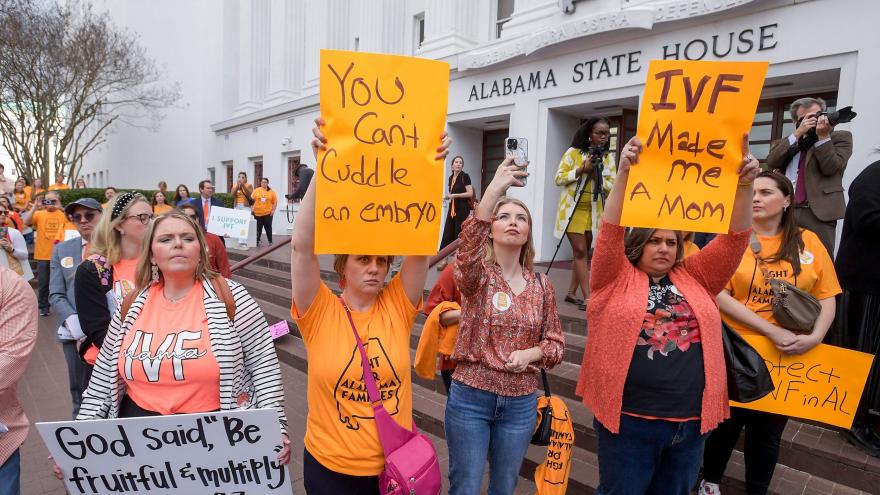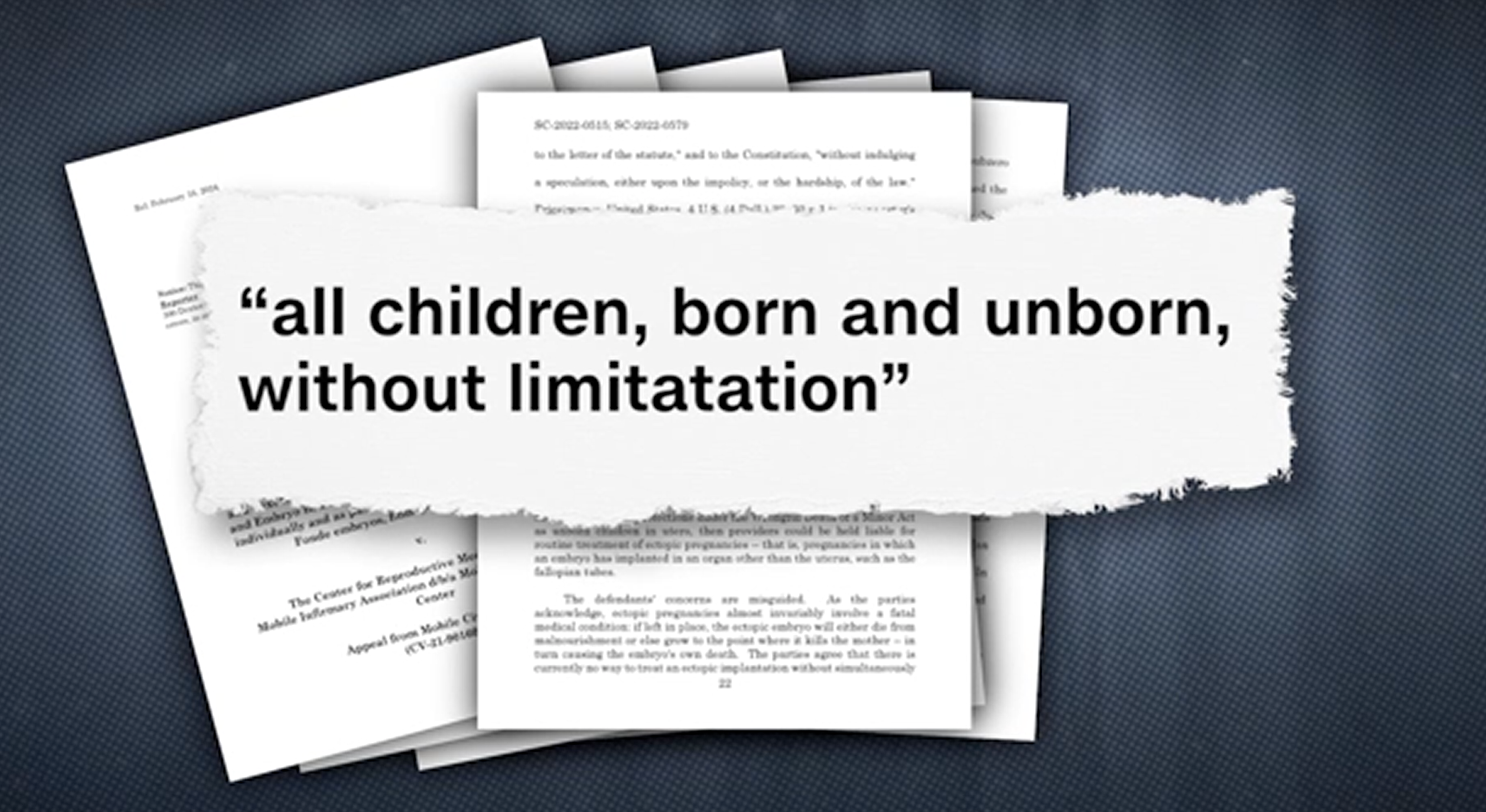An Alabama court decision and subsequent health system action raise concerns about access to IVF and the future of reproductive rights.
The University of Alabama at Birmingham (UAB) health system, a leader in fertility care, has halted in vitro fertilization (IVF) procedures due to a controversial Alabama Supreme Court ruling. The court declared frozen embryos legal “children,” creating legal uncertainty for patients and doctors.
UAB fears potential criminal charges and lawsuits for both patients and physicians involved in IVF. While egg retrieval can still occur, fertilization, embryo development, and implantation are on hold. This unprecedented decision disrupts established medical practices and reignites debates about the legal definition of life.

The court’s ruling stemmed from a 2020 incident where frozen embryos were destroyed. Citing anti-abortion language, Chief Justice Parker declared embryos “unborn children” with legal protections. This not only challenges medical protocols but also sets a complex legal precedent beyond fertility treatments.
For many, IVF is a beacon of hope for those struggling with infertility. The process involves fertilizing eggs with sperm in a lab, creating embryos for implantation in the uterus. Now, infertility specialists and legal experts grapple with the Alabama decision’s impact on access to these crucial treatments and individual autonomy in reproductive choices.
The White House echoed concerns about the ruling’s wider impact on reproductive rights, particularly after the overturning of Roe v. Wade. UAB’s decision highlights the pressing need for clarity and patient protection in assisted reproductive technology (ART).
According to the CDC, ART played a vital role in over 91,000 births in the US in 2021 alone. In Alabama itself, 1,219 ART procedures were performed that same year. The court’s ruling leaves a significant number of individuals seeking fertility assistance in limbo.
As the conversation on reproductive rights continues to evolve, UAB’s action serves as a stark reminder of the complex intersection between law, medicine, and personal choice. The pause in IVF not only disrupts family-building dreams but also raises fundamental questions about embryo rights and the future of fertility care. Stakeholders must prioritize patient rights and access to essential medical services, ensuring individuals can make informed reproductive decisions without fear of legal consequences.


[…] Coyote Chronicle stated that “while egg retrieval can still occur, fertilization, embryo development, and implantation are on hold. […]
[…] Coyote Chronicle stated that “while egg retrieval can still occur, fertilization, embryo development, and implantation are on hold. […]